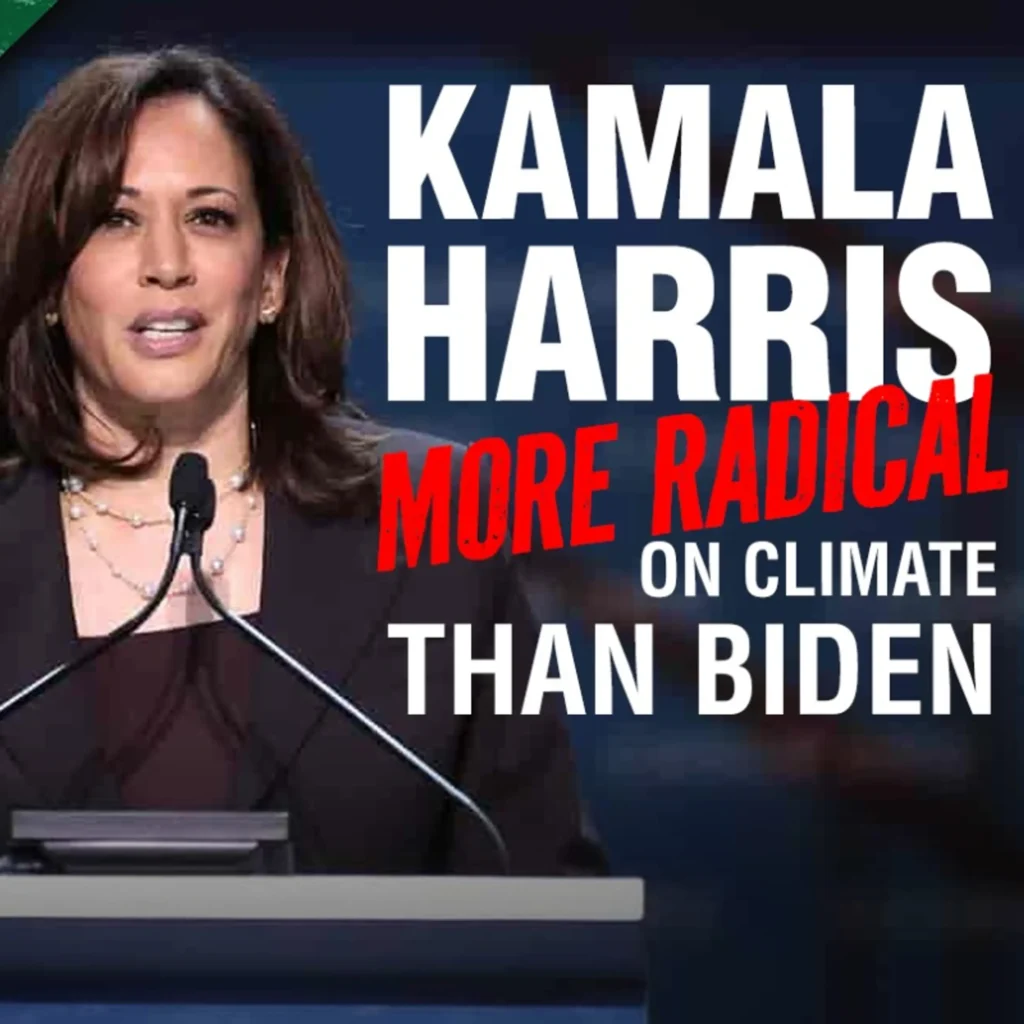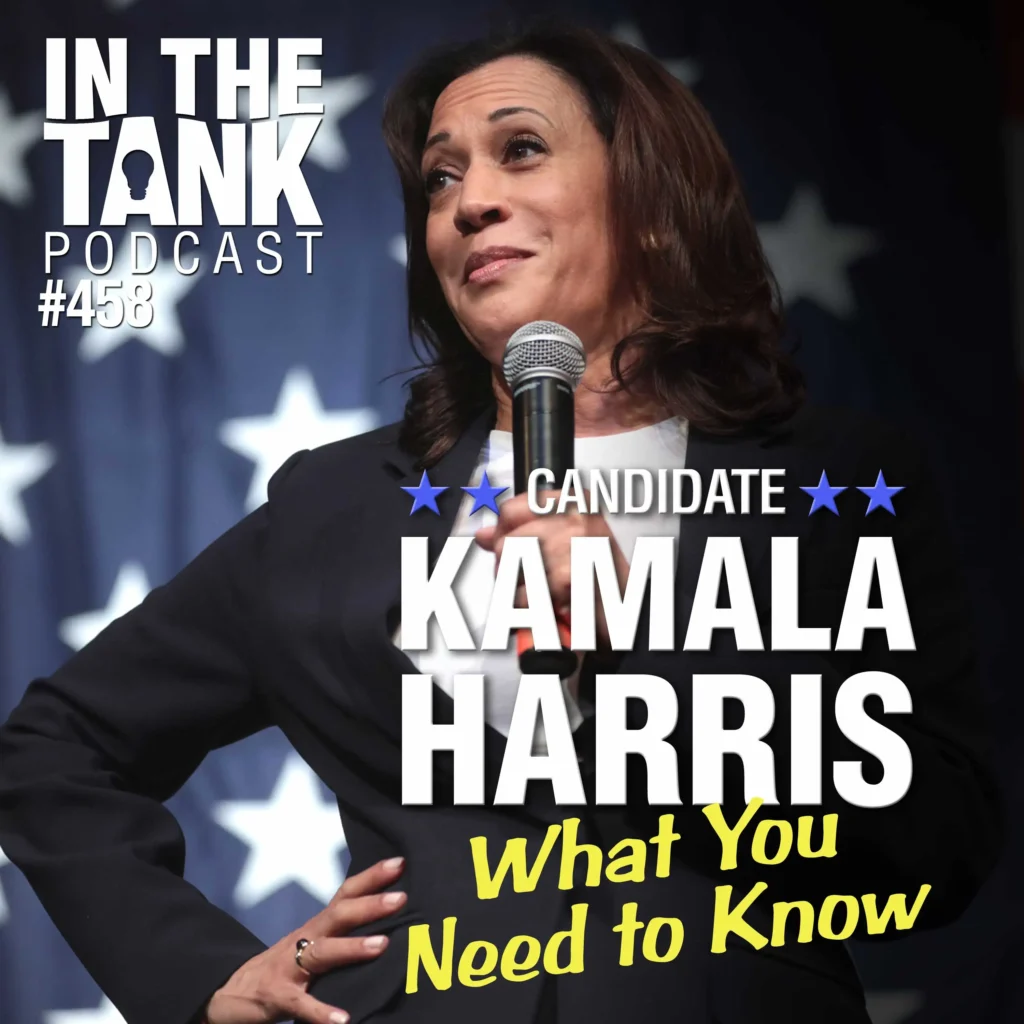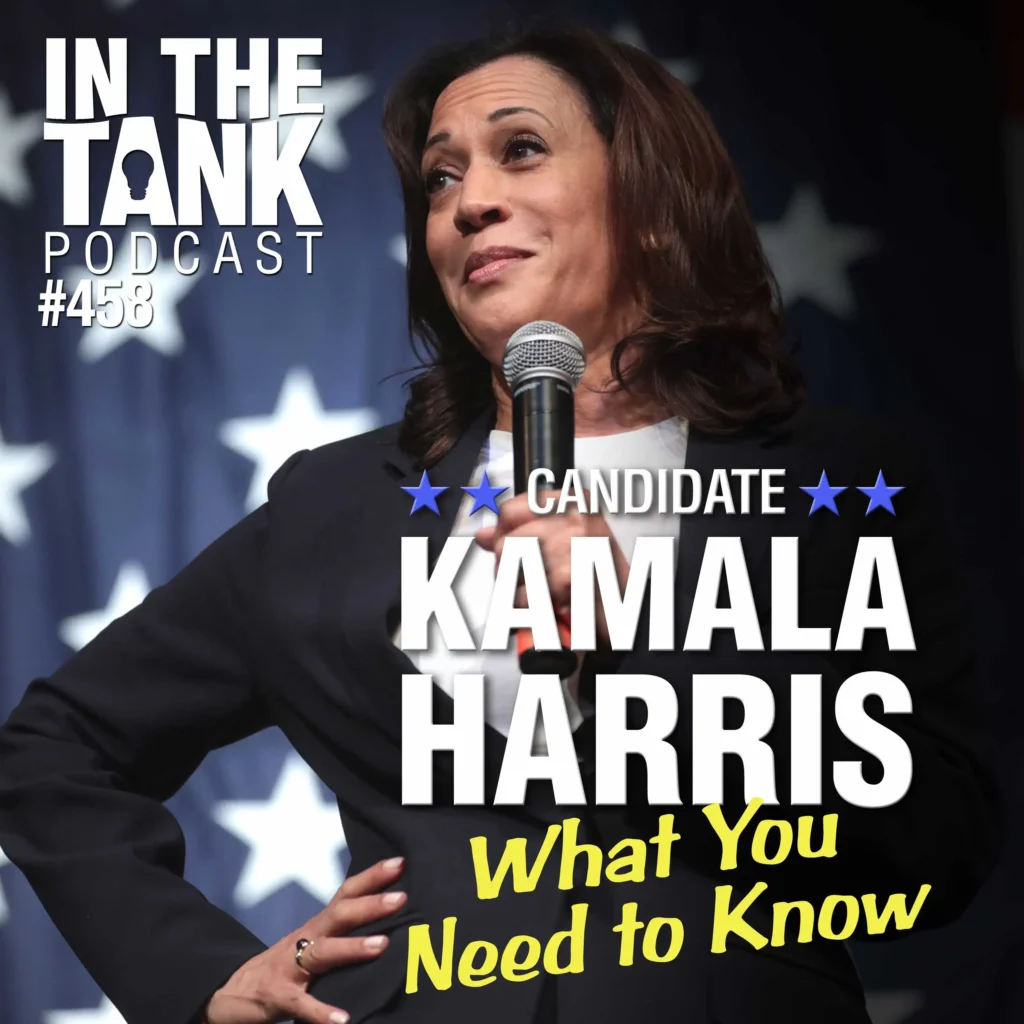When you find yourself in a hole, you’re supposed to stop digging. Not today’s political class, however, who seem intent as gophers mainlining amphetamines to burrow ever deeper, longer, and wider into a morass of debt, unneeded and costly regulations, and just plain boondoggles.
Recent examples in the world of information technology, increasingly the epicenter of big-government solutions to nonexistent problems, prove the point. The Internet is one of the few places government employees haven’t yet fully buried their rapacious snouts, but they’re working on it—and they’re not being too finicky about legal niceties as they do so.
The Federal Communications Commission is the source of the most egregious boondoggles, regulatory power-grabs, and nanny-state nonsense in this area. Consider the agency’s most recent shenanigans. Last December the commission passed network neutrality regulations by a 3–2 vote. The new regulations haven’t yet been entered into the Federal Register, but revelations that the FCC’s Democrat majority coordinated its net neutrality efforts with the leftist activist group Free Press came to light earlier this month.
Free Press’s co-founders are Robert McChesney, editor of the “independent Marxist journal Monthly Review,” and John Nichols, a contributing editor of the Nation, the self-professed “flagship of the left.” Free Press receives a major portion of its funding from George Soros’s Open Society Institute.
Results of a Freedom of Information Act request filed this past December by the conservative group Judicial Watch uncovered October 2010 emails between former Free Press President John Silver and Democrat FCC Commissioner Michael Copps on how to proceed on net neutrality; November 2010 summaries of a Silver-Copps phone conversation in which Silver “emphasized that a strong net neutrality rule is critical to preserving the Internet as a vibrant forum for speech, commerce, innovation, and cultural expression”; and letters between FCC special counsel David Tannenbaum and Free Press policy director Ben Scott in which they lined up speakers for a series of FCC Internet workshops expressly aimed at ginning up public support for net neutrality.
Judicial Watch President Tom Fitton said the documents suggest “nothing less than the Obama administration’s attempt to stage a government takeover of the Internet under the guise of net neutrality. So it should come as no surprise that Free Press, the hard-left organization with socialist ties, is improperly driving the so-called net neutrality agenda from inside the Obama administration.”
All this calls into question the ability of FCC bureaucrats to perform their tasks in an impartial fashion—you know, following the law and all that jazz. The correspondence between Copps and Silver, as well as the propaganda workshops established by Tannenbaum and Scott, directly violate internal FCC disclosure rules for communications “directed to the merits or outcome of a proceeding.”
In spy novel parlance, Commissioner Copps and Mr. Tannenbaum would be categorized as moles for the Free Press agenda. In Internet parlance, they’re nothing more than sock puppets mouthing McChesney’s and Nichols’ leftist ideology while masquerading as independent voices of government employees.
It’s troubling that it took a FOIA request to uncover such blatant collusion between Free Press and the FCC. The fact that the FOIA revelations received only minor media coverage is an outrage. But what would be worse is if Congress fails to deal with the egregious abuse of power by the FCC’s top brass in this net neutrality Teapot Dome scandal.
Rep. Greg Walden (R-OR), chairman of the House Subcommittee on Energy and Commerce Communications, introduced draft legislation this month designed to limit FCC authority and speed up the commission’s decision-making process, but it doesn’t go far enough. What’s called for now is a complete, top-to-bottom audit of the FCC, its practices, and procedures, with the goal of reversing the commission’s fevered attempt to bury the Internet in a net neutrality hole.
Bruce Edward Walker ([email protected]) is managing editor of The Heartland Institute’s InfoTech & Telecom News. This essay appeared July 9, 2011, in the Washington Times.




